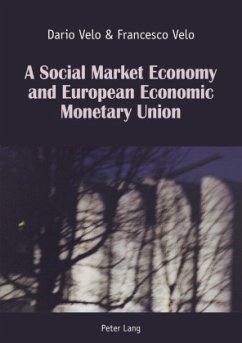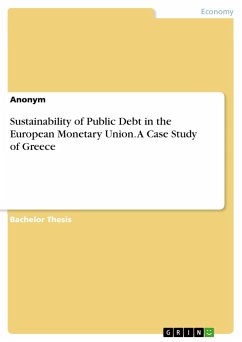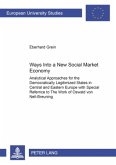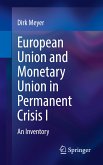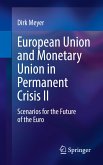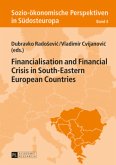Faced with the complexity of the current crisis experienced in a new manner by western countries within the globalisation process, this book provides a significant contribution both to an understanding of the mechanisms at the basis of these events and in proposing prospects for its positive evolution.
The study investigates the new stage in the European integration process involving a transition from monetary union to economic union. The history of monetary unification is analysed from an economic and constitutional point of view and in the perspective of a new European social order, on the basis of the social market economy. An analogous approach is applied to the new stage in the integration process, the economic union.
Three basic principles are analysed: zero inflation, zero deficit and zero debt as preconditions of development. A social market economy is the starting point for addressing these issues. The study ends with an analysis of the Atlantic dimension of a social market economy.
The study investigates the new stage in the European integration process involving a transition from monetary union to economic union. The history of monetary unification is analysed from an economic and constitutional point of view and in the perspective of a new European social order, on the basis of the social market economy. An analogous approach is applied to the new stage in the integration process, the economic union.
Three basic principles are analysed: zero inflation, zero deficit and zero debt as preconditions of development. A social market economy is the starting point for addressing these issues. The study ends with an analysis of the Atlantic dimension of a social market economy.

